Award Recipients Spring 2015
The following faculty have been awarded grants, expert instructional design assistance and technological support to develop and implement courses for delivery through Distributed Learning methods.
Shemsi Alhaddad
|
|
Khalid Ballouli
|
|
Gloria Boutte
|
|
Catherine Castner
|
|
Christopher Emrich
|
|
Matthew Irvin
|
|
Paul Malovrh
|
|
Ronda Sanders
|
|

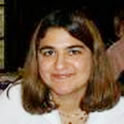 Alhaddad
Alhaddad Ballouli
Ballouli Boutte
Boutte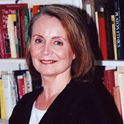 Castner
Castner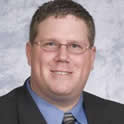 Emrich
Emrich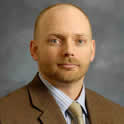 Irvin
Irvin Malovrh
Malovrh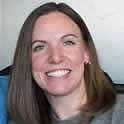 Sanders
Sanders